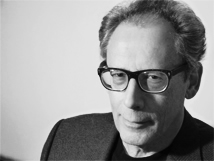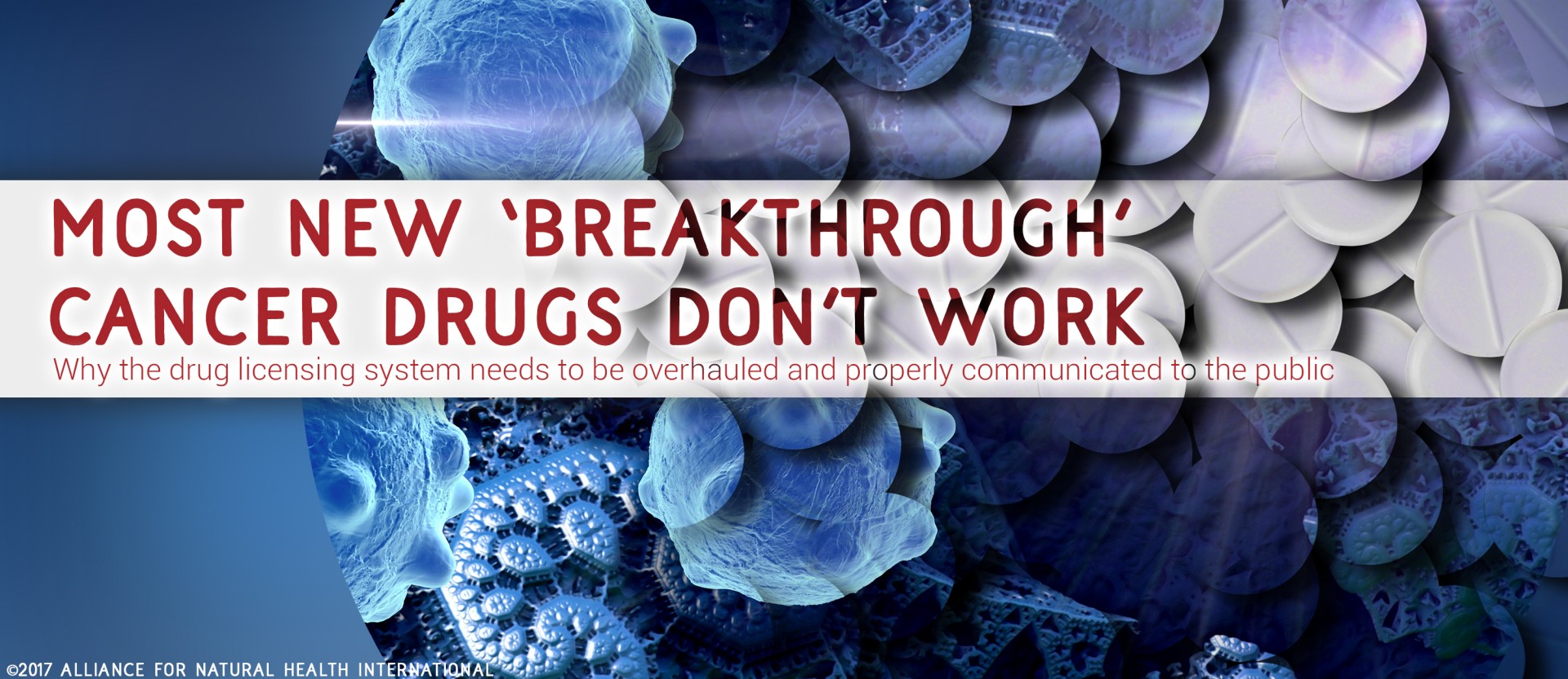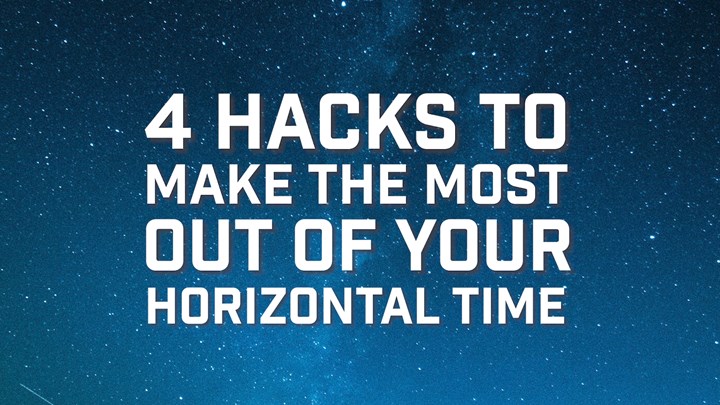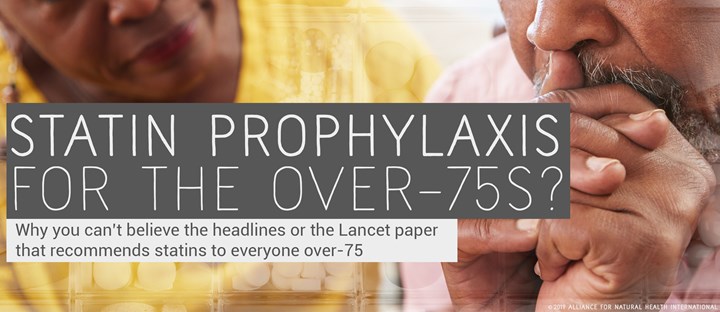Content Sections
While the USA represents the single biggest customer for the pharmaceutical industry, Europe has long been the nerve centre for R&D of the global industry, with Swiss (Novartis, Roche), French (Sanofi), UK (GlaxoSmithKline, AstraZeneca) and German (Bayer, Boehringer Ingelheim, Merck) companies dominating.
Cancer drugs have a greater share of the global market than any other drug category. Of these, chemotherapy drugs contribute more to sales than any other category. What’s more, there’s been a greater-than-predicted surge in more targeted drugs that are promoted as being more effective than the older, versions they replace.
Assuming these new drugs work, can be afforded (they are very expensive) and don’t cause more harm than good, all is well. But that’s where the fairy story falls apart, as revealed in a study by a research team headed by King’s College London scientist Dr Courtney Davis and published in the British Medical Journal on 5 October (2017).
The big take home from this study was that the majority of new cancer drugs being licensed by the European drugs regulator, the European Medicines Agency (EMA), have not been demonstrated to work. That’s when important things like cancer survival rates over 5 years and quality of life improvements are evaluated.
This discovery, in essence, drives a coach and horses through the entire edifice of drug regulation that we’re told repeatedly exists to ensure that licensed drugs are proven effective. Not so, it seems, and this issue isn’t just confined to cancer drugs. Just 11% of treatments (mostly involving drugs) have been proven effective across some 3000 treatments examined by BMJ Clinical Evidence journal.
The media reported on October’s BMJ cancer drug study, but offered little in the way of opinion, certainly none that might cause people to rethink whether or not to try the latest cancer drug on offer. The only analysis that does the BMJ study justice, in our view, is one published recently by ANH friend and British medical journalist Jerome Burne.
He makes the case (abbreviated version below), that creating a truly sustainable healthcare system, will involve rethinking the way treatments are regulated and licensed ,a process that should involve non-pharmaceutical once as well. That’s something we’re considering in our own work that includes the development of criteria for more sustainable healthcare systems.
Over now to Jerome…
_____________________________________________________________________
The following is an abbreviated version of Jerome’s article, ‘Most new cancer drugs won’t let you live longer or improve your quality of life’ that was published on HealthInsights UK on 13 October 2017. You can read the article in full via the link above.
 Jerome Burne, UK medical journalist
Jerome Burne, UK medical journalist
“It is remarkable that so few cancer drugs enter the European market without any clear data on outcomes that matter to patients and their doctors: longer survival and better quality of life.” So goes the commentary by Huseyin Naci, Assistant Professor in the London School of Economic’s Department of Health Policy, co-author of the BMJ study.
These are the same medicines routinely marketed as ‘breakthrough drugs, yet the commentary describes them as giving the ‘false hope’ that they will work better than the older drugs they replace.
Ironically, giving ‘false hope’ is one of the most common charges laid against natural and non-drug ways of supporting cancer patients – yet the the recent BMJ study found that, of the 68 cancer drugs approved by the European Medicines Agency (EMA) between 2009 and 2013, 57% were released onto the market without any clear evidence that they improved the quality or length of patients’ lives. The majority of them had been approved on ‘surrogate endpoints’, such as the cancerous tumour shrinking, which, the researchers made very clear, does not reliably predict you are going to live any longer.
Will better targeting of genes cure cancer?
It's a shameful finding, which should prompt patients and doctors alike to be sceptical of the latest ‘breakthrough’ drugs being rushed through the licensing process. Perhaps it may even lead to more serious attempts to test non-drug therapies such as the simple and non-invasive ketogenic diet.
The revelation comes at a time when cancer professionals are claiming that the long-promised transformation of cancer treatment by genetics is yet again just around the bend. However, there are serious reasons for believing that the limitations of the genetic approach mean that new, rushed gene targeting drugs are not going to effectively tackle cancer on their own. And if our current licencing system continues to allow a stream of useless drugs into the clinic, they won’t provide a cure however precisely they are targeted.
Not an isolated issue
The BMJ’s findings only relate to the European regulatory system , however this is far from being a Europe-only issue. A 2015 report in the Journal of the American Medical Association (JAMA) revealed that the American drug regulator - the FDA – was approving new cancer drugs on the basis of surrogate end points just as the EU was 2 years later. The authors concluded: "most cancer drug approvals have not been shown to, or do not, improve clinically relevant end points."
Between 2008 and 2012, 38 cancer drugs were licensed, 67% on this basis. A check on survival rates four years later found that five of the drugs had improved life expectancy - but 18 had not. A deal with American companies whose drugs were nodded through relied on such efficacy trials being undertaken yet, four years later, a third of said companies had made zero effort towards running such tests.
It is clear that the interests of the supposedly most important people in this whole sorry saga – the patients – seem to have been totally ignored.
What does the future hold?
Everything points to the fact that we have a broken regulatory system. As the researchers of the BMJ so aptly stated, “when expensive drugs that lack clinically meaningful benefits are approved and reimbursed within publicly funded healthcare systems, individual patients may be harmed, important resources wasted, and the delivery of equitable and affordable care is undermined.”
With plans such as the 100,000 Genomes Project’s blindly optimistic reliance on the honour of companies running reliable clinical trials and follow-ups of new cancer drugs, it is hard not to see how the aforementioned ‘false hope’ is similarly embedded in the vision of gene-targeted treatments. To recognise that this current system is far from working is at least the first step in making treatment both safer and more effective for patients suffering from cancer. The idea that all orthodox drugs are scientifically based is a myth – and so is the idea that nothing other than gene-targeted drugs can ever be of use in treating cancer patients.
Listen to Jerome Burne discuss the ‘evidence of progress’ on UK Health Radio.








Comments
your voice counts
01 November 2017 at 9:58 pm
Sorry typo .. food allergens..
02 November 2017 at 9:05 am
This 'systematic' deceit not only runs unchecked, it runs a broad spectrum of political and social dominance. Pharmaceutical medicine is not just a business model to medicalise life and farm sickness, but a means of capture and control of power.
BTW The old cancer drugs don't exactly 'work' either.
Toxic cancer treatment - is protected by regulation - ie the cancer act (1929 I believe?)- while the systematic and mafia-like suppression of every and any treatment that competes - regardless of clinical success - is a nightmare.
The nocebo effect of (most) diagnosis as death sentence - the fast routing to chemo, and radiation, is deadly. Remission or healing is denied due attention and death by oncology is no doubt accorded to cancer.
Preying on fear, makes victims of those whose faith in life is also given to presumed scientific expertise and excellence.
Pharma is not unique in marketising and weaponising fear, but its procedures are generally far more sickening and disbiotic than other modalities - which is even subliminally used to infer they are real agents of powerful intervention where modalities without such so called 'side' effects are thus 'ineffective'.
This placebo belief is their main positive - but is clung to within a collective and undercurrent cultural expectation that imminent death is the nor - to which their hopes are pinned to delay. Of course - as Dr Kendricks naively points out in 'Doctoring the Data' - this is more honest - because death is everyone's outcome and 'saving lives' is a false expectation. However saving life from an illegitimate or unnecessary suffering and untimely death, is allowing a fuller expression of life while alive. And condemns those who are harvested from x ray and mammogram testing. Tests that are themselves a cause or exacerbation of cancer - and often wrong or responding disproportionately is worse than criminal, being a form of negative suggestion; mind-capture or mind-control.
When trying to find statistics for deaths by prescription for UK (I've seen reports that this is the third leading cause of death in the US) I notes the obfuscation of our statistics - but in particular the set of 'vaccine preventable deaths'. I find this a sick and sickening corruption of statistical reporting. But if playing that game - why not dietary preventable deaths? Or legally preventable 'corporately' caused toxicological deaths?
In addition to campaigning for the withdrawal of the claim that vaccines are safe, and the demand for open and accountable science for the development and testing of vaccines - as well as the protection of freedom against government or corporately mandated biological or pharmacological violations pretending to be medicine while masking as 'healthcare' - consider a campaign for
'Cancer is NOT a death sentence!'
Open the freedom to functional approaches of healing as an informed choice by breaking the regulatory protection of a sickeningly poor model of treatment.
In all respects our world is suffering from corruptions of persisting a false model. Such corruptions include the subliminal 'mind-framing' of PR. This is a full on 'post truth' society of an attack on reason - on consciousness and on health. None of which need be lost to a false representation of substitute meanings for our lives and the challenges within living by which we grow in clarity of alignment in a deeper sanity, awaken AS conscious responsability (real choice) and greater functional freedom in who we are the being of.
Health is not a goal somewhen or somewhere else. Health is our starting point and our supportive and guiding companioning. Sick 'thinking' sets us up to fail - but healing is more than any physical outcome - being a restoration and opening into a greater consciousness of life. There is fear and resistance to healing that runs much deeper than assigned symptomatic pictures of physical symptoms. This runs as the wish to get rid of feared or unwanted consequences by assigning them to external causes and attacking, eradicating and blocking those 'causes' to operate.
By implication I am saying there is a mind (belief construct) afraid of blame as if being 'causal' means personally responsible and culpable. The scientism that pharma operates under guise of, shares in and operates to this fear. But blame is not true responsibility - nor a basis from which to respond. True responsibility is where that which was unconscious as habit of belief and reaction, rises into the transparency of a truly open choice.
The 'causal' level of our being is our true sovereignty of will. The attempt to override our own nature is a destructive un-creative use of mind. The Creative is not destroyed - but substituted for and usurped by fixing attention in what seems to be a self-inflation in our own personal control and abilities and thus a corresponding experience in fear and division assigning guilt to the personal sense of creation - while seeking to persist in a limited sense of self defended against further (or total) loss of a power we haven't got - but have invested in. The power of lies to persist at expense of true - is all the power we give them - and nothing more. But lies have to pretend to pass off as at least some semblance of true to operate - and so there is an alloy to the miscreations of development, ability and culture that is truly worthy of love. The fear of the investment in a lie is that there is only humiliation and loss in 'coming out'. Nothing could be further from the true. the release of the burden of the lie is unimaginable to the attempt to survive in its terms. False allegiance is simply a lack of awareness in which a lesser evil seems a positive choice - or indeed the only driven and desperate avenue of survival in a struggle against the 'inevitable', in which the denial of the needs of others seems to buy personal power or protection. But as an ongoing and deepening sacrifice of the joy in living, to a false power (structure). This is not really a 'wrong' or sinful choice - so much as a fear and denial of the true capacity OF choice.
"Forgive them Father, for they know not what they do".
'Our Father' is our true Cause, Nature and Awareness that knows its aligned purpose as the reflection of truly worthy and truly shared Idea. "And behold, it is verily Good" - and "This is my beloved - (in) Whom is my joy!" Such recognition is the gift of going forth to multiply a true appreciation in gratitude. When we withhold our blessing, we deprive ourselves in the false fruits of fear in division. Health is a unified response to a wholeness of being. Wholeness of being is so much more than a persistent fear-chemistry would reduce us to be focusing in - and is the original purpose of the 'fear response' to protect and then yield to the rebalancing within. True fulfilment unfolds an ever new appreciation as an uncovering (of) and participance in Creation.
I thank fear for its service, I forgive and release fear-blinded 'choices' and I am now attending to the true in gratitude of being.
The breakdown of what does not and cannot truly work is not broken BY truth - but has no basis to abide in the light of true relation. Willingness grows one step at a time. Let not the depth and scope of too seeming big a step, delay this willingness now - for without the framing of the mind of comparisons, weighting and judgement - is every expression of love, maximal. We are never asked or required in truth to do more than be the willingness of this step now.
Your voice counts
We welcome your comments and are very interested in your point of view, but we ask that you keep them relevant to the article, that they be civil and without commercial links. All comments are moderated prior to being published. We reserve the right to edit or not publish comments that we consider abusive or offensive.
There is extra content here from a third party provider. You will be unable to see this content unless you agree to allow Content Cookies. Cookie Preferences